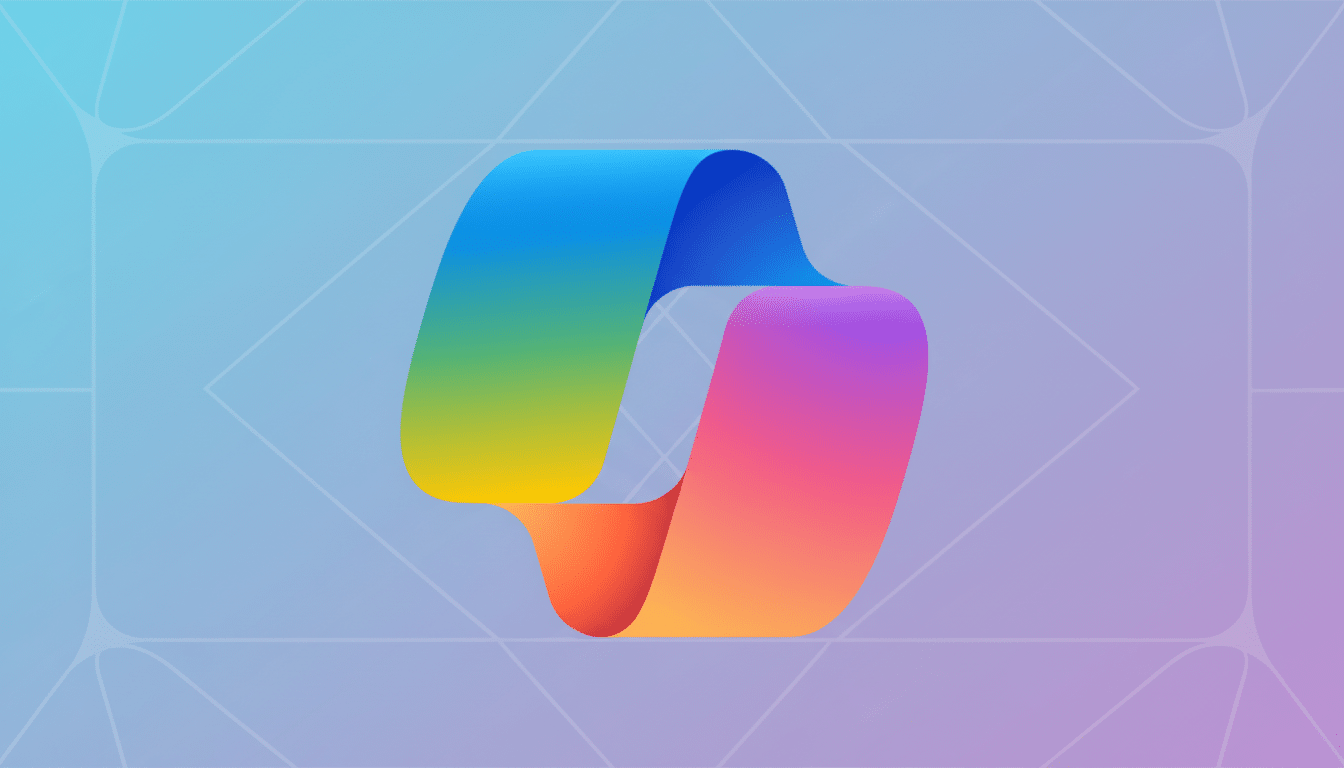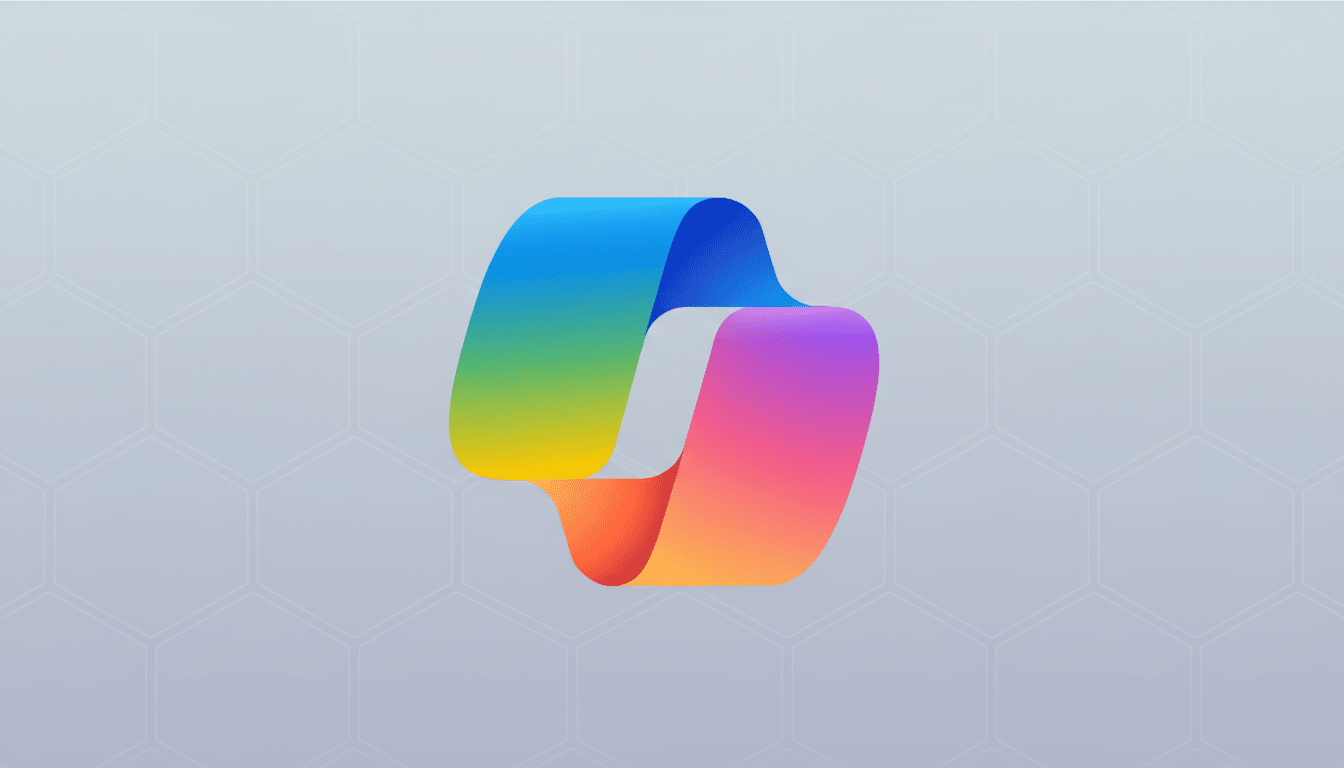Microsoft has confirmed it’s removing its Copilot AI bot from WhatsApp on January 15, and is urging people to try it on its standalone mobile apps and website instead. The exit comes in response to new WhatsApp policy changes that now limit the ability of companies to use its Business API to interact with customers via conversational assistants, and marks the first time that Meta has publicly announced a discontinuation of content distribution within what is currently the world’s most popular messenger platform.
The change impacts anyone who was using WhatsApp as a light way to query Copilot for summaries, drafting assistance, or quick research. After the cutoff, Copilot will still be available through Microsoft’s iOS and Android apps, in Windows, and on the web—just not inside WhatsApp chats.

Why WhatsApp Locks Out General AI Bots on Its API
WhatsApp, which is owned by Meta, recently changed its policy guidance to make clear that its Business API is intended for commerce, customer support, and notifications—not a distribution channel for general AI assistants.
In practice, that means chatbots designed for social conversation (like Copilot, OpenAI’s models, or search agents from companies like Perplexity) are no longer allowed on the API that serves official, scalable integrations.
This is a strategic tightening. Meta has been gradually pulling WhatsApp toward money-making business messaging, payments, and verified customer service offerings. Guardrails also serve as checks to help prevent spam, manage compute-heavy interactions, and limit moderation risks. The position echoes past platform course corrections in the industry as messaging networks weigh utility against dependability and policy mandates.
The impact ripples far beyond Microsoft. OpenAI has already signaled that it would wind down its own WhatsApp presence, while other AI startups that relied on the app for distribution must pivot in the direction of native apps, the web, or elsewhere within messaging.
What’s Changing for Copilot Customers on WhatsApp
Copilot, functionally, is going to cease to work within WhatsApp threads on January 15. For continued access to GPT-4-class models, image generation, and new features tied to a signed-in Microsoft account, we encourage you to use the Copilot mobile apps or web experience.

One not-so-great thing: You won’t see your chat history. Copilot in WhatsApp was an experience that ran unauthenticated, which means there’s no account-level sync to bring prior conversations into Microsoft’s apps. For a record, export your chats from WhatsApp via the app’s “Export chat” feature before the deadline. You do not have to keep the word-for-word text; you can download it (with or without media) in your chosen format for later reference.
Switching has upsides. Specific Copilot apps enable account-based personalization, improved session continuity, and enterprise-class controls for Microsoft 365 customers. You don’t hit message limits, and you have to do user management on your users’ email addresses and “connections”; quite frankly, if you want to send email, it gets complex quickly—for third-party messaging services.
The Bigger Picture for AI on Messaging Platforms
WhatsApp’s maneuver reflects a more general trend: platforms are sculpting what AI can do in interactions with people at scale. And with more than 2 billion users on WhatsApp, even minor policy changes have an outsized impact on distribution strategies. Meta has also claimed very rapid growth of WhatsApp Business, which it said passed 200 million monthly active users for its business app—a strong signal that the company wants its pipes optimized for commerce and support, not general-purpose AI chats.
For Microsoft, the change also probably pushes more-casual users to official Copilot surfaces where usage can be authenticated, measured, and governed. It also centralizes feature delivery: multimodal inputs, plugins, and Microsoft 365 integrations ship faster on first-party clients than a third-party messaging API.
And for people who like their messaging-native AI, the space is splintering. Telegram still hosts a variety of bot ecosystems, and Discord is widely used by AI communities. But each has its own limitations, and none rival WhatsApp’s reach. Anticipate AI providers to bet big on their own apps and web portals, where they can control the experience from start to finish.
What to Do Now as Copilot Leaves WhatsApp
- If you want a record of anything from WhatsApp, export the conversation from WhatsApp: Choose “Export chat” in WhatsApp settings for the relevant thread.
- Install Microsoft’s Copilot app on iOS or Android, or access Copilot on the web or within Windows and Edge for continuity and synced history using your account.
- If you use Copilot for work, connect with your professional account to get access to enterprise-level features and comply with corporate policy.
The takeaway is simple: Copilot isn’t flying away, but it is disappearing from WhatsApp. For Microsoft, it’s a way to draw users into a richer, authenticated setting. For WhatsApp, it serves as an explanation of the app’s future direction as a business-first channel: one where AI is more than welcome but only if it has a clearly defined customer use case.

